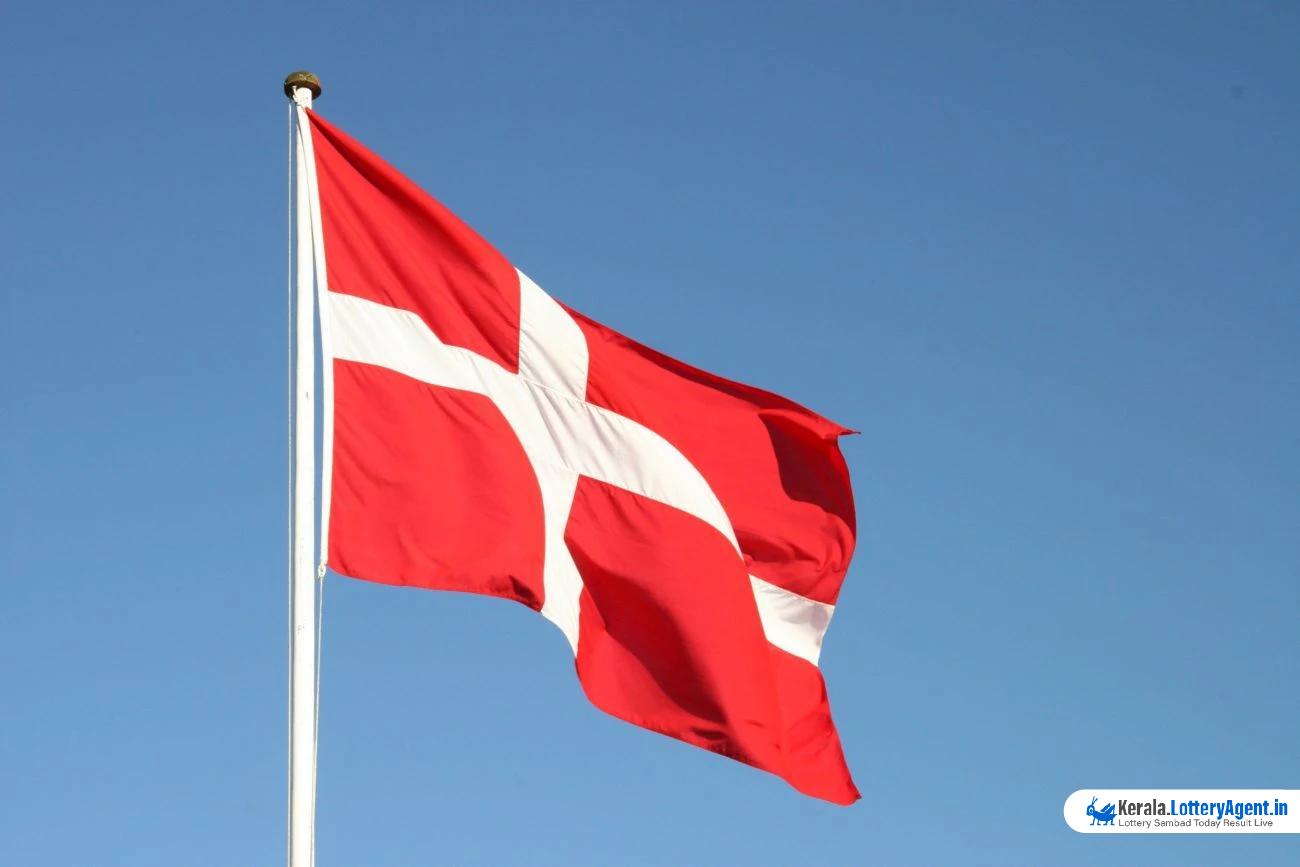
Group revenue at Danske Spil for the three months leading up to 31 March reached DKK1.24 billion (£140.5 million/€166.2 million/$178.3 million). This marks a modest yet noteworthy 2.2% increase from last year’s DKK1.22 billion during the same period.
The lion’s share of this revenue was contributed by the Danske Lotteri Spil lottery business, which reported an impressive 4.9% year-on-year rise to DKK711 million. According to Danske Spil, the surge in revenue can be attributed to high jackpots in the Eurojackpot game. This was further bolstered by changes introduced to the game such as additional draws and the increase in jackpot amounts.
However, other segments of the business had mixed results. Revenue from Danske Licens Spil, which encompasses sports betting and online casino operations, dipped slightly by 1.0% to DKK393 million. The organization cited that while there was a growth in the number of customers for online casino games, this was not enough to counterbalance the declines experienced in the sports betting sector. The operator pinned this decline on fierce competition and weak margins, along with a dwindling retail market which has struggled since the 2021 introduction of mandatory player ID cards.
Danske Spil also reported a significant 50.0% decrease in revenue from the Swush fantasy sports platform, which brought in only DKK1 million. This decline came in the wake of the company’s early-Q1 decision to sell its 60% ownership stake in Swush to Danish tabloid newspaper Ekstra Bladet, a move that generated an additional DKK27 million in income during the quarter.
The gaming hall and land-based slots segment, Elite Gaming, also saw a minor downturn with revenue falling by 1.
.3% to DKK75 million. Meanwhile, revenue from Danske Klasselotteri, which was merged into Danske Spil in April 2022, remained steady at DKK64 million. Notably, this business only conducts draws twice a year, with a remarkable 65% of ticket sales directed to the prize fund.
On the expense side, agent commissions remained relatively unchanged at DKK156 million, while other gaming costs dropped by 8.2% to DKK101 million. Most other expenses remained relatively consistent year-on-year, though there was an uptick in external costs due to rising prices for goods and services. This increase was somewhat offset by lower depreciation and a marginal decline in personnel costs.
Despite these cost challenges, the DKK27 million generated from the Swush sale helped to counterbalance the increased expenses. When combined with the overall rise in revenue, the net result was a pre-tax profit of DKK646 million, marking a significant 9.9% improvement year-on-year. After accounting for taxes amounting to DKK137 million, the company achieved a net profit of DKK510 million, compared to DKK459 million in Q1 of the previous year.
Looking ahead, Danske Spil has maintained its full-year projections for the 2024 financial year. The operator anticipates revenue to fall between DKK5.0 billion and DKK5.2 billion. Furthermore, it expects to achieve a profit after tax in the range of DKK1.8 billion to DKK1.9 billion.
In summary, Danske Spil demonstrated a robust start for the year, driven primarily by its lottery segment and boosted by strategic decisions such as the Swush sale. However, it continues to face challenges in its sports betting vertical amid a competitive market landscape and regulatory hurdles.












